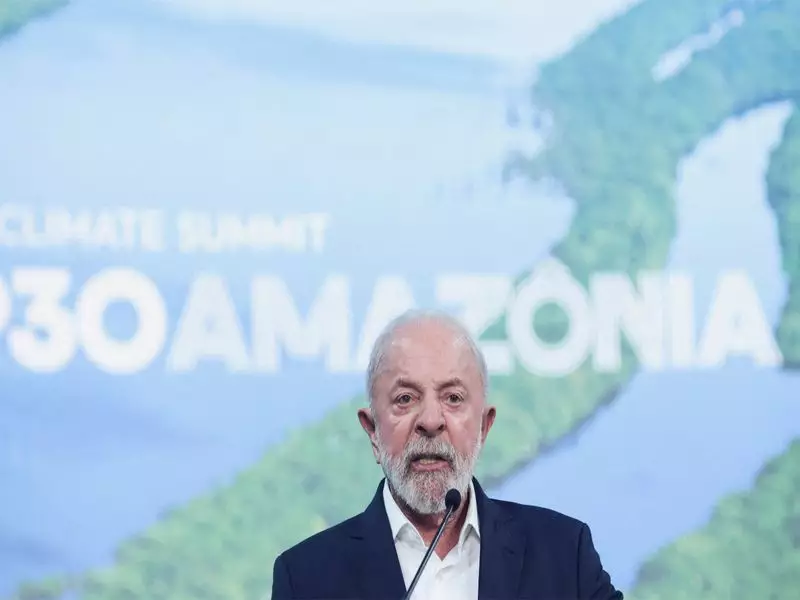
The recently concluded COP30 climate summit in Belém, Brazil, has delivered a mixed outcome that environmentalists are calling both historic and disappointing. While the conference achieved an unprecedented breakthrough in climate finance with developed nations committing to mobilize $1.2 trillion annually by 2030, it failed to establish a concrete roadmap for phasing out fossil fuels.
Historic Climate Finance Breakthrough
Delegates from nearly 200 countries agreed to what many are calling the most significant climate finance deal in history. Developed nations committed to mobilizing $1.2 trillion annually by 2030 to help developing countries transition to clean energy and adapt to climate impacts. This represents a substantial increase from the previous $100 billion annual target that was consistently missed.
The finance package includes $500 billion for renewable energy infrastructure, $400 billion for climate adaptation projects, and $300 billion for loss and damage compensation in vulnerable nations. This financial commitment marks a crucial step toward implementing the Paris Agreement and building trust between developed and developing economies.
The Fossil Fuel Elephant in the Room
Despite the financial progress, COP30 failed to deliver on what many considered its most critical objective: establishing a clear timeline for phasing out fossil fuels. Intense negotiations between oil-producing nations and climate-vulnerable countries resulted in a compromise that environmental groups have labeled inadequate.
The final agreement text calls for "accelerating efforts toward the phase-down of unabated coal power and phase-out of inefficient fossil fuel subsidies" but stops short of setting specific deadlines for complete fossil fuel phase-out. This represents a significant setback for climate activists and scientists who argue that immediate action on fossil fuels is essential to limit global warming to 1.5°C.
Mixed Reactions from Global Leaders
Reactions to the COP30 outcomes have been sharply divided. UN Climate Chief Simon Stiwell described the finance agreement as "a game-changer for climate action" while acknowledging that "the work on fossil fuels remains incomplete."
Developing nations, particularly small island states, expressed disappointment at the lack of concrete fossil fuel phase-out commitments. Meanwhile, representatives from oil-producing countries emphasized the importance of "just transition" and "energy security" in their defense of the compromise language.
The summit also saw progress on several other fronts, including new agreements on forest conservation, methane reduction targets, and technology transfer mechanisms. However, the failure to secure a fossil fuel phase-out timeline has left many questioning whether the world can meet its climate goals without addressing the root cause of the crisis.
As climate impacts intensify globally, the pressure mounts for future climate negotiations to deliver more ambitious outcomes. The outcomes of COP30 set the stage for even more critical discussions at next year's summit, where the fossil fuel question will undoubtedly return with greater urgency.





